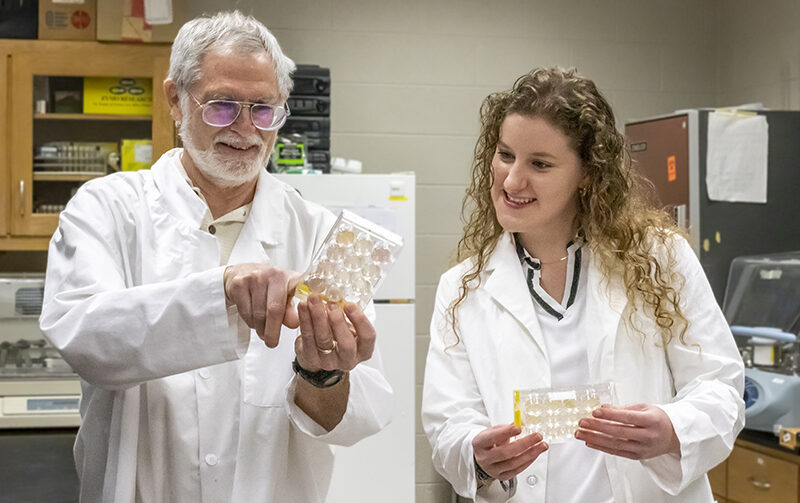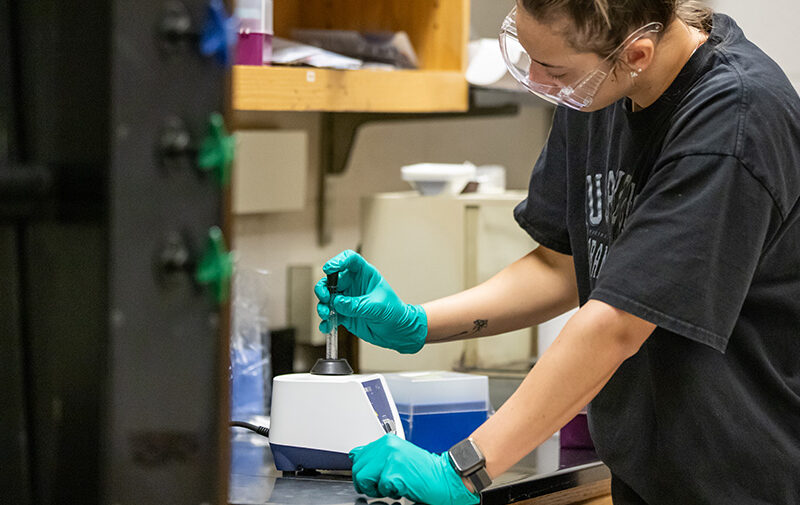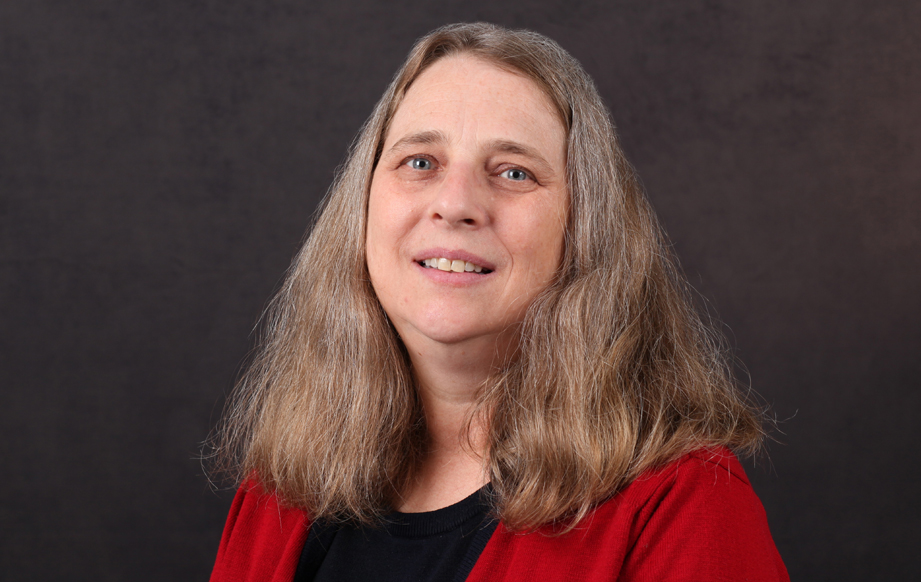Earn a hybrid degree in biology and chemistry
One of the most important fields of chemistry, biochemistry is a hybrid of the fields of biology and chemistry. As a biochemistry major, you’ll build a strong foundation in both disciplines while gaining specialized knowledge in biochemical principles and laboratory techniques. This interdisciplinary degree prepares you for a wide range of career paths in medicine, pharmaceuticals, biotechnology and biomedical research.
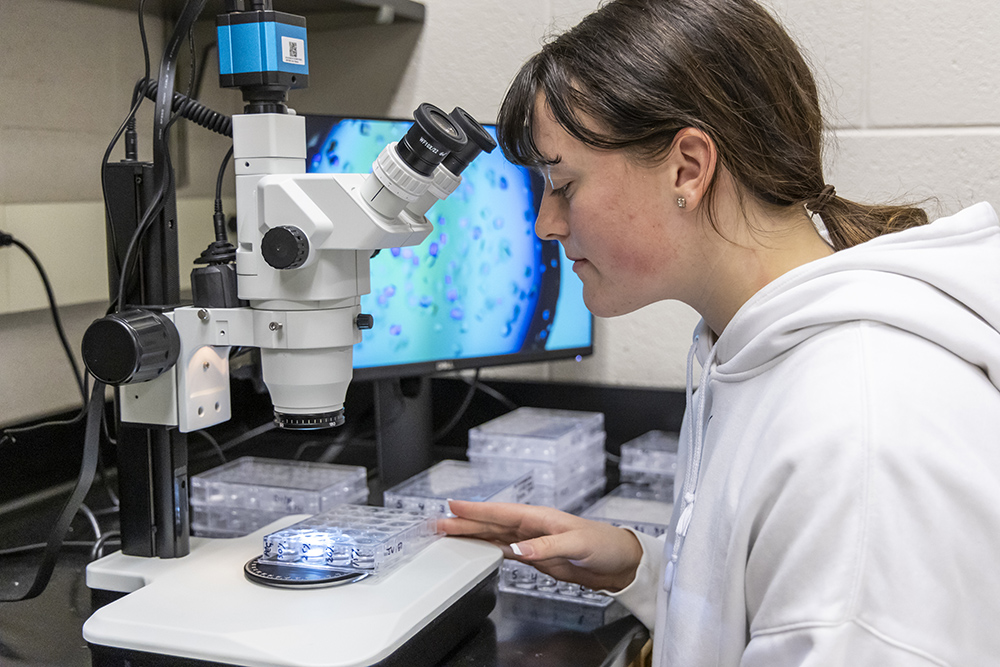
What to Expect as a Biochemistry student
- 51-52 credit hours of courses that are a combination of biology and chemistry
- Most semesters include significant time in the lab, where students practice with modern chemical techniques and scientific instrumentation
- The program fosters a close-knit academic community, offering students direct access to experienced faculty and mentoring throughout their studies
Curriculum Overview: Biochemistry Courses and Lab Experience
Students build a firm understanding of biological and chemical principles in the first year with the general chemistry and principles of biology sequences. That foundational knowledge is expanded in the second year with organic chemistry and molecular biology. In the junior and senior years, students learn about chemical instrumentation and theoretical energetics in addition to completing the biochemistry sequence, resulting in biochemistry graduates who are well-prepared for pharmacy, medical, and graduate schools.
Biochemistry I With Lab
CHEM-356
Introduction to the major biomolecular compound classes, including carbohydrates, proteins, lipids, and nucleic acids, along with a survey of enzyme kinetics and the overall regulation of key metabolic pathways.
Physical Chemistry for the Life Sciences
CHEM-415
Physical chemistry for the life sciences focuses on the energetics of biochemical reactions. Using thermodynamics, we can predict which reactions are spontaneous and how to drive nonspontaneous reactions.
Organic Chemistry II & Spectroscopy
CHEM-310
This organic chemistry course has a research-project-based laboratory, allowing students to experience research while learning organic laboratory principles. Students synthesize and test drug analogs for bioactivity, replicating the industrial drug discovery process.
Required Courses Meet the Faculty
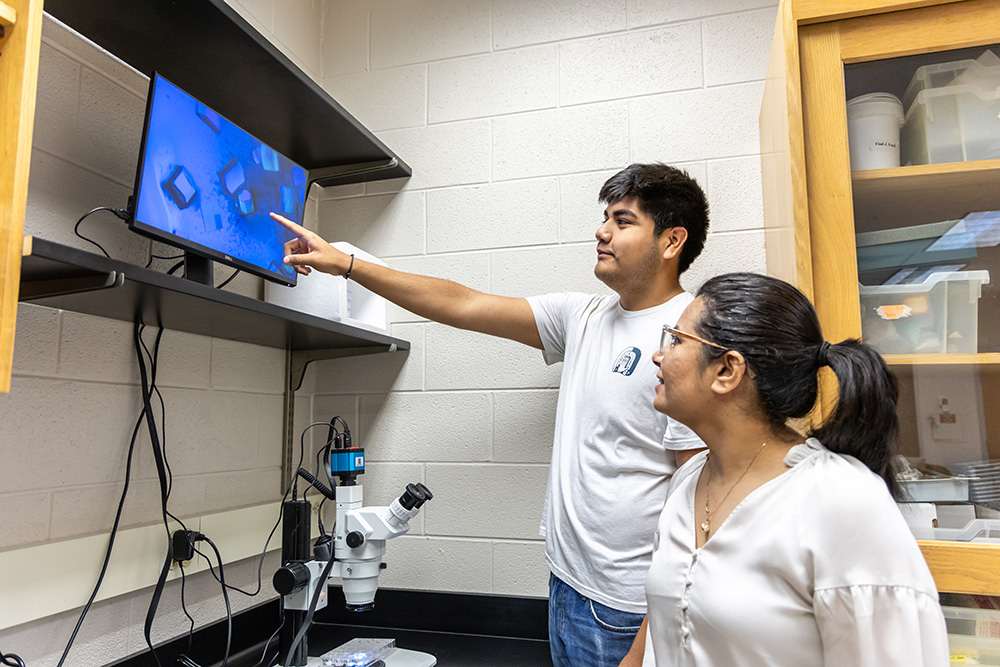
“I really liked this award because you can [work] one-on-one with a professor, and you learn outside of lecture. It just gives you really hands-on experience … This really gives you an insight of how a lab is done.”
Andrew Rodriguez ’24, Biochemistry Major
Andrew was a recipient of the Martin Science Research Institute Award in the summer of 2023. Learn more about research opportunities for students.
Launch Your Career with a Biochemistry Degree
Graduates of the biochemistry program pursue careers in medical research, medicine, higher education, biotechnology, agricultural chemistry, engineering, computational chemistry, crystallography, oil and petroleum, or viticulture.
- Research Scientist
- Agricultural Chemist
- Clinical Laboratory Scientist
- Biotechnologist
- Genetic Engineer
- Food Chemist
- Patent Attorney
- Science Educator
- Forensic Biochemist
- Environmental Analyst
Chart your path
Learn more about the career paths and professional organizations in the field of biochemistry from the American Chemical Society.
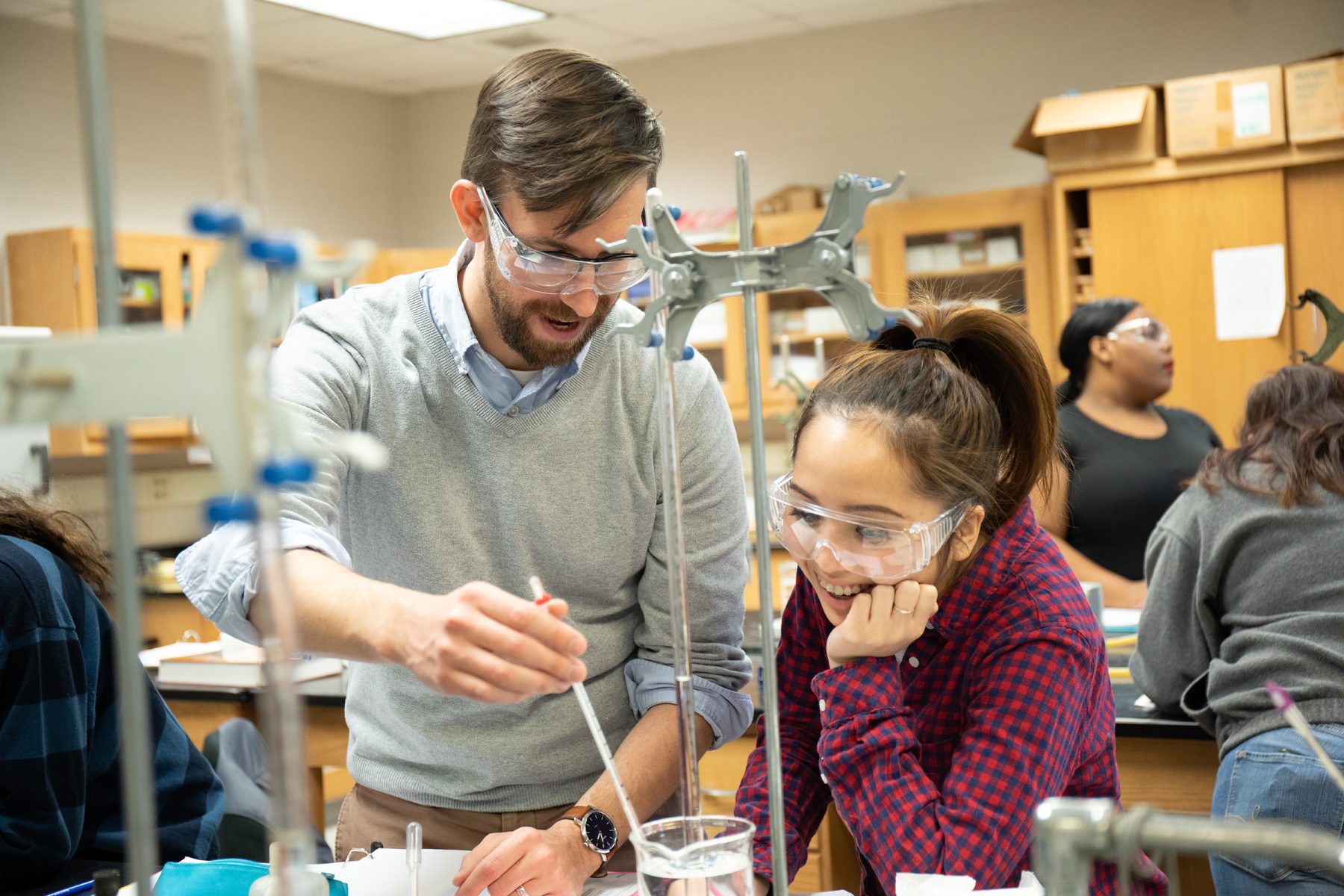
Graduate School Opportunities
The biochemistry major fulfills most prerequisites for medical, dental, and pharmacy school programs. Many graduates continue their studies in graduate research programs, biotechnology training or clinical science fields, keeping a wide range of postgraduate options open.
Like many BC graduates, you might enter graduate schools such as:
- Boston University
- George Mason University
- Georgetown University
- University of North Carolina-Chapel Hill
- Shenandoah University
- University of Tennessee
- University of Virginia
- West Virginia University
Join the Chemistry and Biochemistry Club
Network with your classmates and faculty as part of the Chemistry and Biochemistry Club. Follow the department’s Instagram for an inside look at the club and see the passion for chemistry on campus.
Questions? Contact Us!
- Dr. Ellen M. Mitchell, Department Chair
- 540-828-5635
- emitchel@bridgewater.edu
Similar Programs
Consider double majoring or focusing on a certain area of study.

